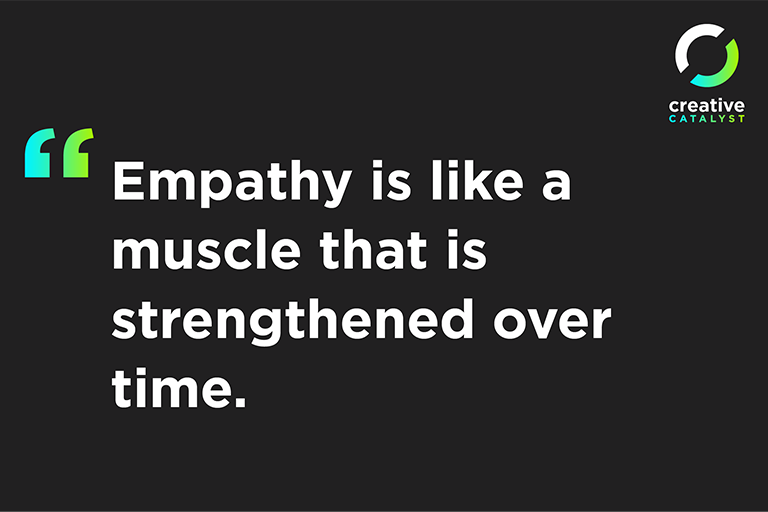If you haven't seen Microsoft's 2019 Super Bowl ad, it is certainly worth a view. The ad promotes the Xbox Adaptive Controller, which enables individuals with disabilities to play computer games. Blending empathy and empowerment, the video montage stitches together testimonials from kids with disabilities and hits all the right notes to create an uplifting message. The ad works because of the empathy it evokes.
Psychologists believe that we have special mirror neurons that are dedicated to empathy, which is a fundamental human ability to understand and share emotional experiences with others.
If you are familiar with the background of Microsoft CEO, Satya Nadella, you may not be surprised by the focus of the ad. Mr. Nadella has a son with a disability and he has expressed in media interviews how his experience dealing with his son's disability has taught him empathy, which in turn has shaped his leadership philosophy.
Interesting. In the corporate world of hard-headed, hard-nosed, driven executives, the CEO of one of the top companies in the world emphasizes the soft skill of empathy.
This nuanced understanding of emotions in self and others is at the heart of emotional intelligence, which is a key attribute of high-performing CEOs. Interestingly, emotional intelligence has no correlation to IQ.
Among the components of emotional intelligence, empathy has drawn special attention. In his TED Talk on compassion, Daniel Goleman, a noted voice on this topic, explains the importance of empathy in our personal and professional lives.

Though empathy is as old as our evolutionary brain, only over the last few decades has it received attention as a critical dimension of leadership.
In part, the emphasis on empathy may have to do with our transition to a knowledge economy, which demands more collaboration among diverse members of a team from different backgrounds and cultures, who bring different strengths and weaknesses to the table. When a team is made up of members with big egos and diverse talents, it is the leader's task to nurture empathy, which serves as a lubricant for collaboration.
Effective leaders understand this. Not only do they nurture empathy, they have the ability to empathize and emote with their team members. Leaders these days are willing to draw inspiration from their life experiences, like Mr. Nadella, and apply it to their professional lives.
If you don't see eye to eye with a colleague at work, you could try this simple exercise. Stand in the other person's shoes and examine the situation. This exercise will not magically turn your discontent into fulfillment. But it might give you a fresh perspective.
Like other good habits, empathy is like a muscle that is strengthened over time through exercise. If we practice empathy repeatedly, we can improve morale and job satisfaction. And if we take it seriously, we develop compassion for our users and clients, leading to innovation of empathetic products like the adaptive controller from Microsoft.
By Prabu David
Prabu David is Dean of the College of Communication Arts and Sciences at Michigan State University. His class on leadership is part of an online master's program in Strategic Communication.
